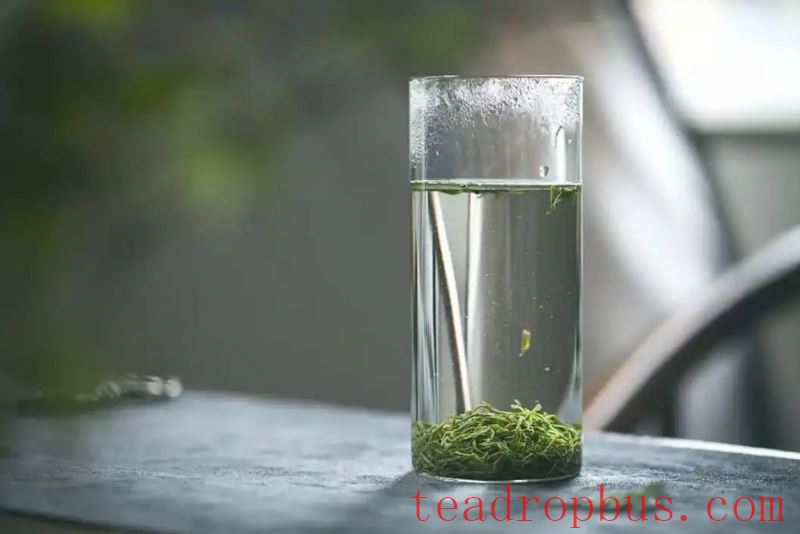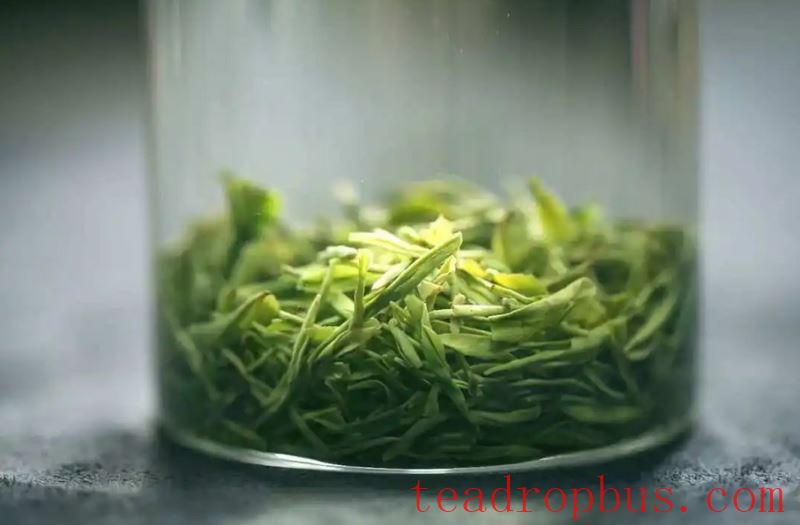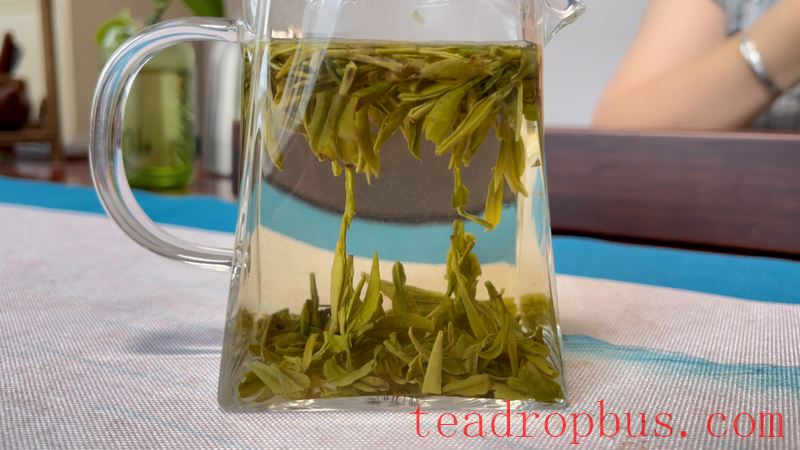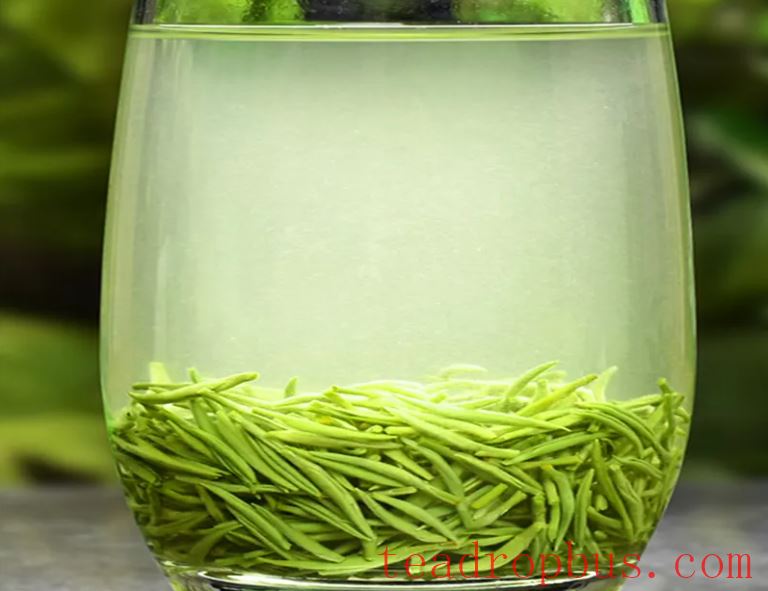To avoid more Tea enthusiasts from falling into traps, let's look at the types of additives that can be found in tea and how to identify whether your tea contains additives.

1. Pigments
Pigment additives include lead chromate green, sunset yellow, and sunset red, which can make low-quality tea appear brighter and more appealing.
2. Fragrances
Fragrances can mask the peculiar taste of low-quality tea and enhance its aroma.
3. Waxes
Talc or wax can increase the luster of the tea, improving its appearance.
4. Sugar
Tea naturally contains Caffeine, giving it a bitter taste. Unscrupulous sellers may add sugar during the stir-frying and rolling process to make the tea sweet, enhancing its compactness and oiliness.

How can tea enthusiasts determine on their own whether there are any additives in their tea? Let's start with Green Tea as an example.
Firstly, while green tea has green leaves and a green infusion, its downy hair is white, a natural feature of its growth. If you buy green tea where both the leaves and the downy hair are green, there is a high probability that a pigment called “lead chromate green” has been added. This makes the appearance and infusion color of the green tea particularly attractive but is very harmful to human health, stimulating your nervous system.
Why do sellers do this? To some extent, it is also due to consumer behavior. Some consumers blindly pursue the appearance of the infusion, using color and aroma as key criteria for evaluating tea quality. Sellers, aiming to boost sales, continuously add “fragrances and pigments” to facilitate transactions, leading to a vicious cycle.
To enjoy authentic, healthy, and cost-effective tea, tea enthusiasts must continually deepen their understanding of the tea market and tea quality, gradually becoming knowledgeable about tea. I hope to be the person accompanying you on this journey.

How to Identify Whether Tea Contains Additives: 5 Quick Tips!
1. Smell the dry tea
If the dry tea has a strong and pungent smell that isn't natural, it might be fragrance-enhanced tea. If it smells like artificial perfume rather than natural floral or fruity scents, it could be fragrance-enhanced tea.
2. Rub the tea
Rub the tea between your fingers. If powder or color remains on your hands, it indicates the presence of additives.
3. Brew at a low temperature
The aroma of tea typically requires high temperatures to release. If the tea is highly aromatic even at a low water temperature, it likely contains fragrance additives.
4. Observe the persistence of the aroma
If the aroma fades quickly after brewing, and there is little to no aroma by the second or third steep, it may have been artificially fragranced.

5. Observe the tea stains overnight
After brewing, leave the cup unwashed. If the tea stains show shades of light green, dark green, or dark greenish-black, it suggests the presence of additives. If the tea stains are yellowish, the tea quality is likely normal.